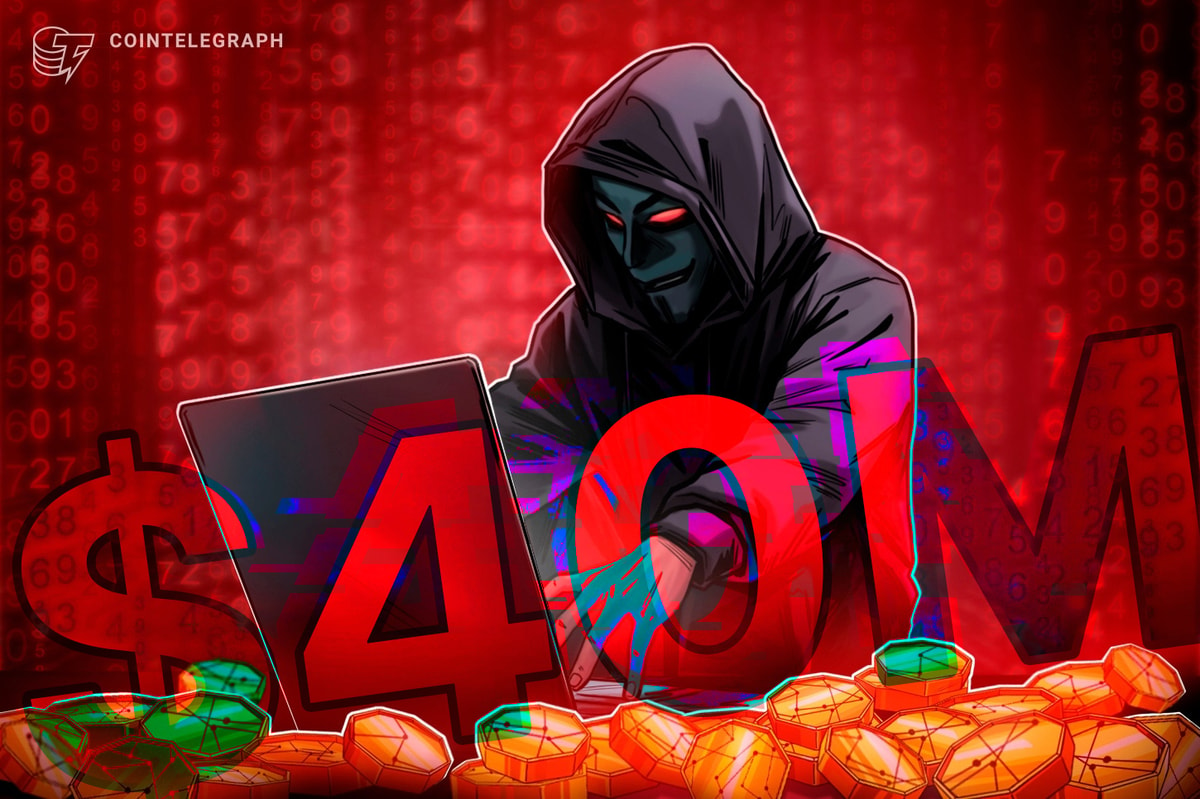GMX Halts Trading, Token Minting Following $40 Million Exploit
Another devastating blow has struck the cryptocurrency world, as the decentralized exchange (DEX) GMX V1 was hit with a massive exploit on Wednesday, resulting in an astonishing $40 million in stolen funds. The attack, which targeted the GMX protocol's liquidity pool, has left users reeling and forced the platform to suspend trading and token minting operations.
The exploited pool is a key component of the GMX protocol, which operates on the Arbitrum network. According to the GMX team, the attacked pool was a liquidity provider for the platform, utilizing a basket of underlying digital assets including Bitcoin (BTC), Ether (ETH), and stablecoins. The vulnerability, which has been attributed to a design flaw in the GLP token pricing mechanism, allowed hackers to manipulate the total assets under management.
Blockchain security company SlowMist has identified the exploit as a result of a calculation error that enabled hackers to artificially inflate or deflate the value of the GLP token. This vulnerability, which is specific to GMX V1 and its GLP pool, has been described by the team as "limited" in scope, with no impact on GMX V2 markets, liquidity pools, or the GMX token itself.
As a precautionary measure, the GMX protocol has announced a temporary suspension of minting and redemption operations for GLP tokens on both Arbitrum and the layer-1 Avalanche network. Users are advised to disable leverage and change their settings to prevent any further potential fallout from the exploit. This move is aimed at minimizing the damage caused by the attack and protecting users' assets.
Unfortunately, this latest hack is not an isolated incident in the cryptocurrency world. According to blockchain security company Chainalysis, losses from crypto hacks have reached $2.5 billion in the first half of 2025 alone. The cumulative losses are staggering, with billions of dollars lost due to sophisticated cyber attacks on centralized platforms and decentralized exchanges.
The Bybit hack in February, which resulted in approximately $1.4 billion in stolen funds, is a prime example of the devastating impact that these attacks can have on users and the industry as a whole. More recently, Iranian crypto exchange Nobitex was hit with a cyberattack from a pro-Israeli hacker group called Gonjeshke Darande, causing over $81 million in losses for the platform.
The United States Treasury's Office of Foreign Assets Control (OFAC) has announced sanctions on Song Kum Hyok, a group of North Korea state-affiliated hackers. The hackers have been accused of infiltrating several crypto companies and defense contracting businesses using social engineering scams and cybersecurity breaches.
Crypto Hacks Continue to be a Feature of the Digital Asset Landscape
The fear of victimization by sophisticated threat actors is driving new participants away from adopting cryptocurrency due to the constant risk of hacks and cybersecurity crimes. It's clear that the crypto industry must prioritize security measures and implement robust protocols to prevent such attacks in the future.
